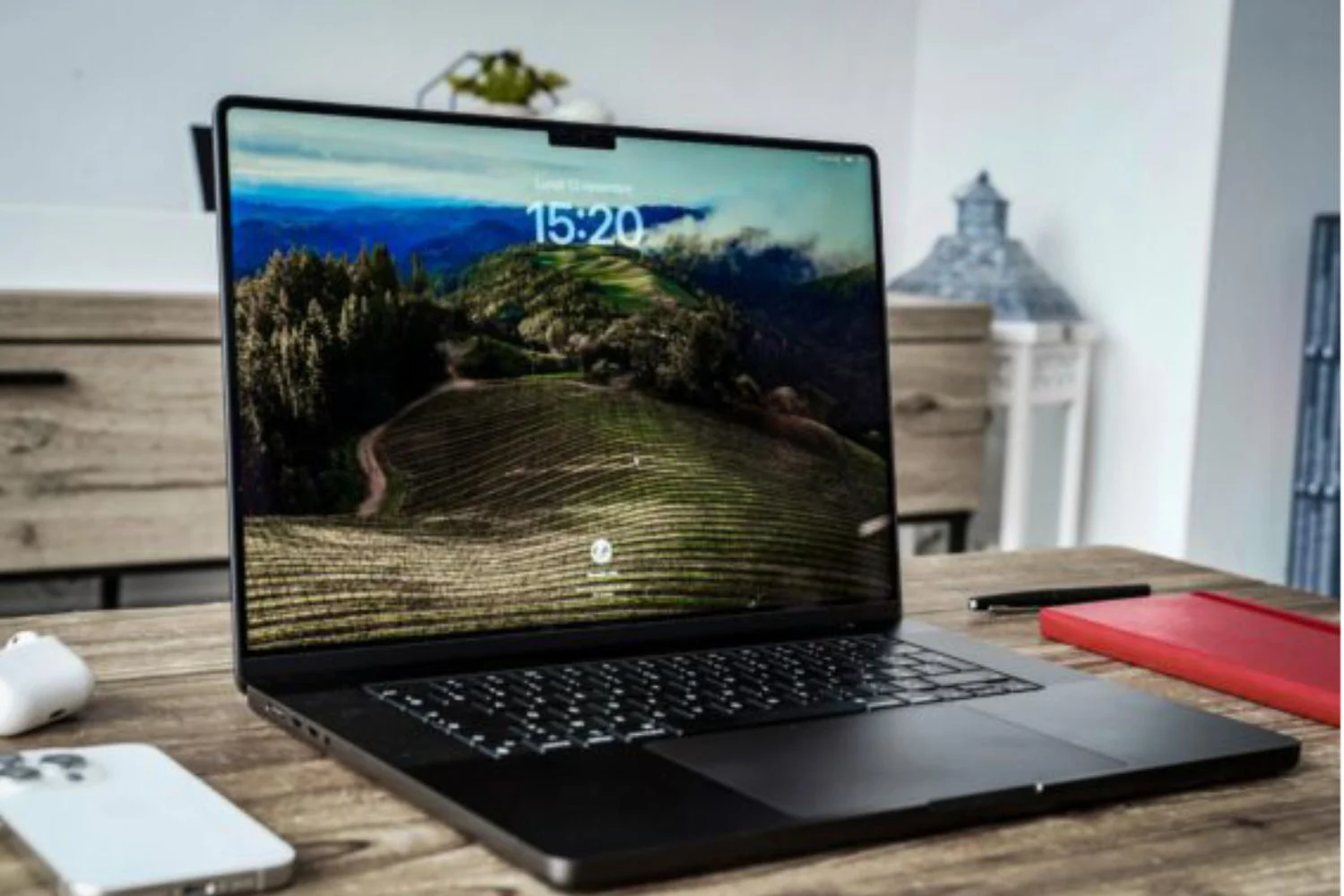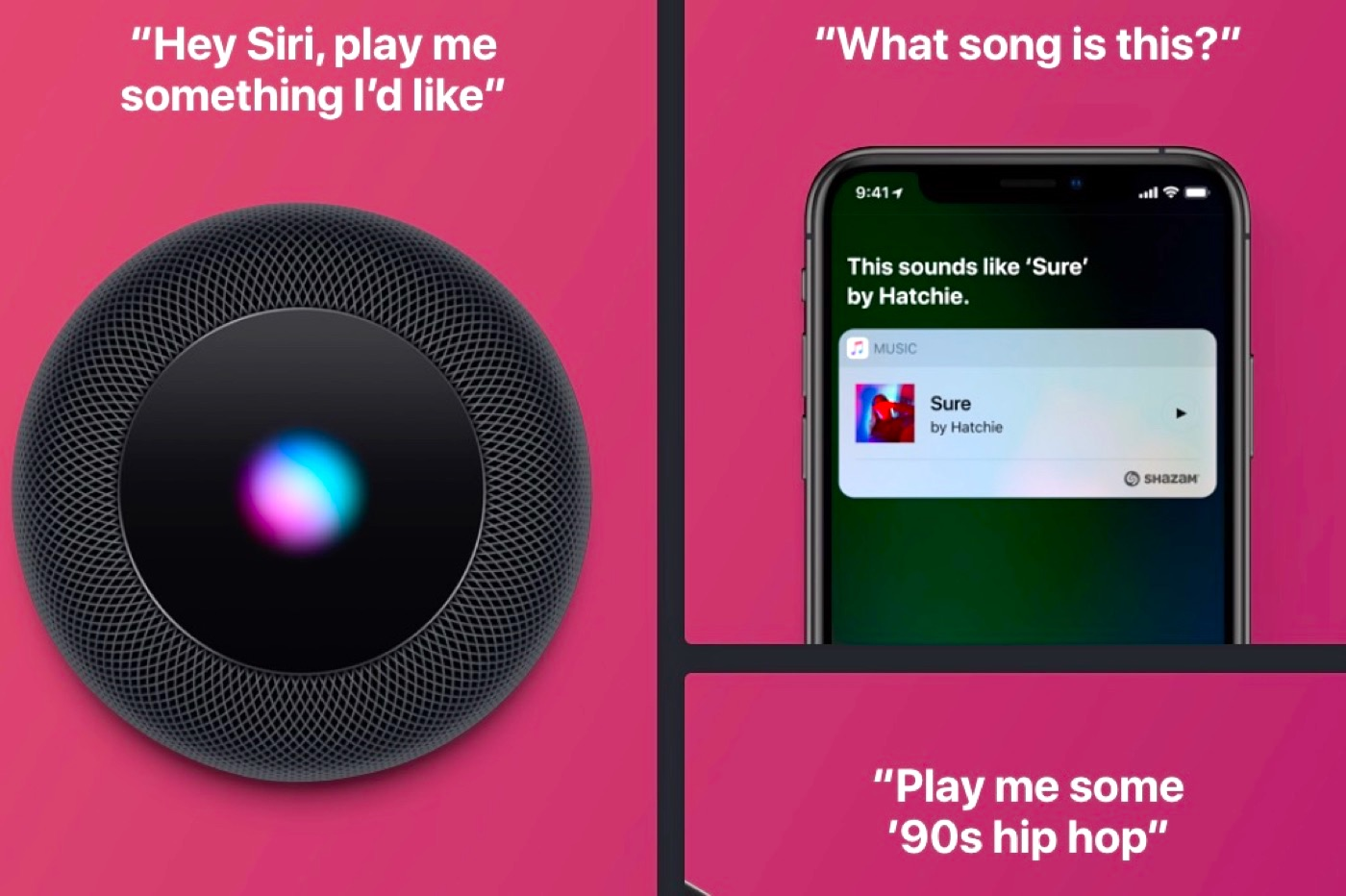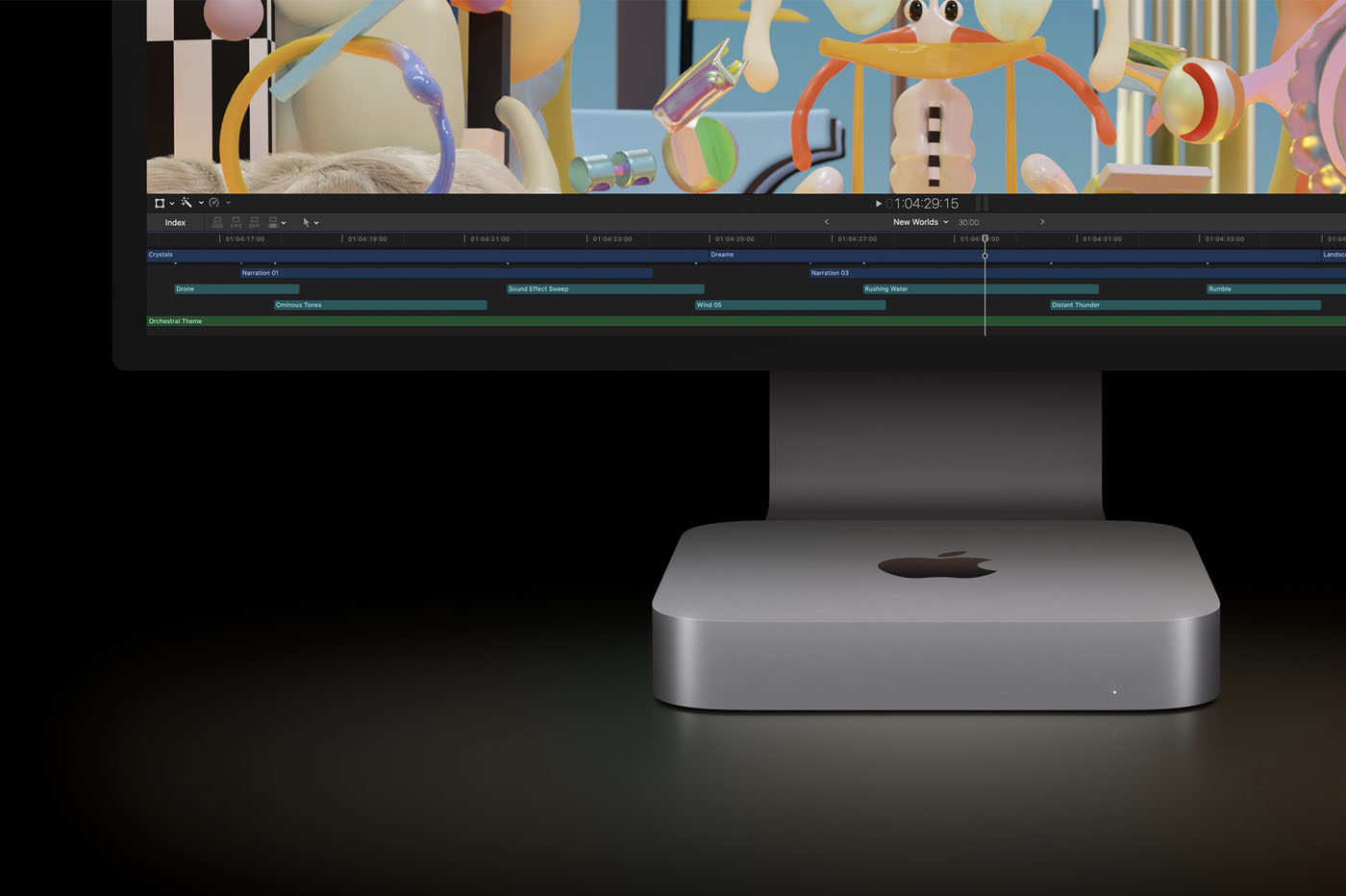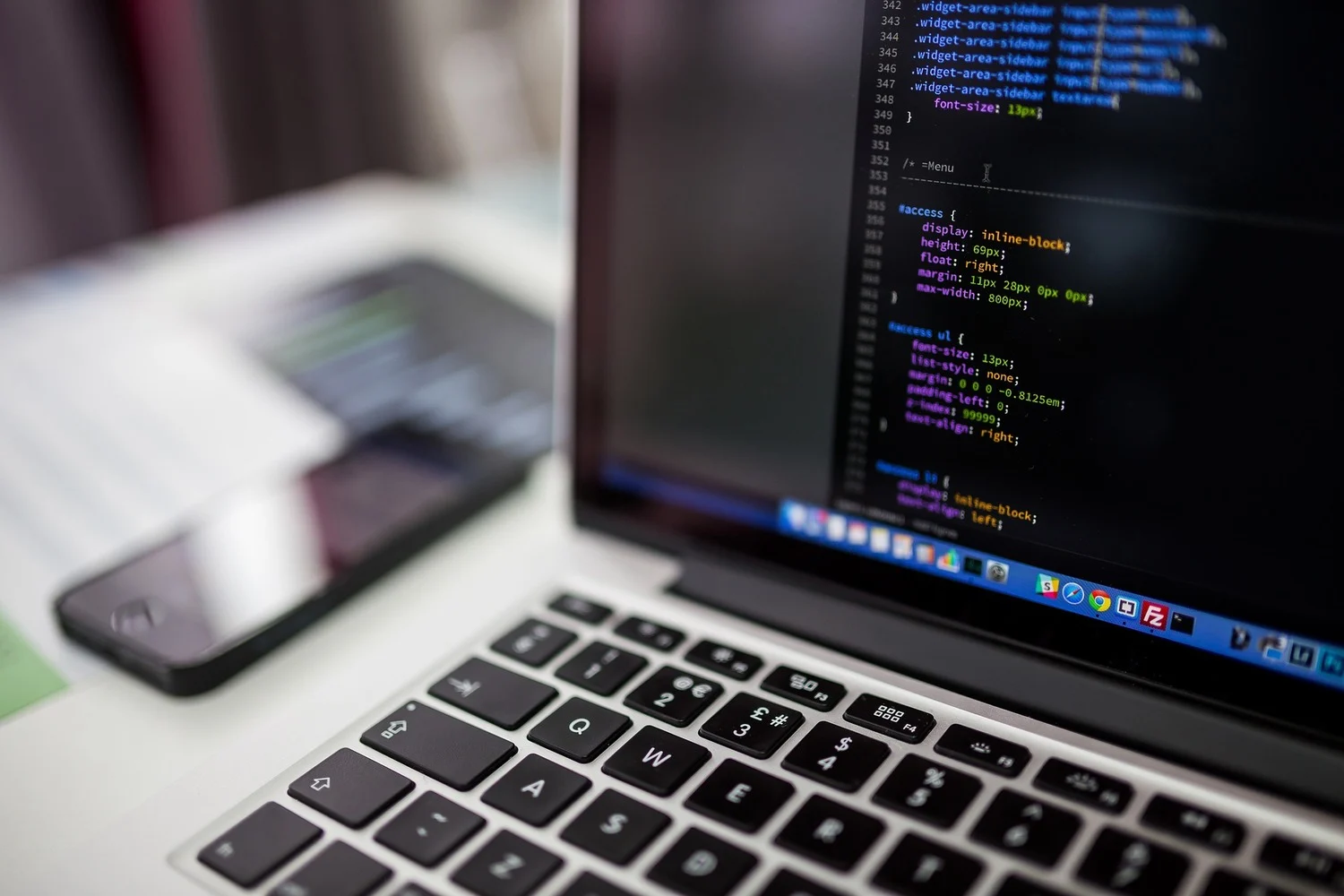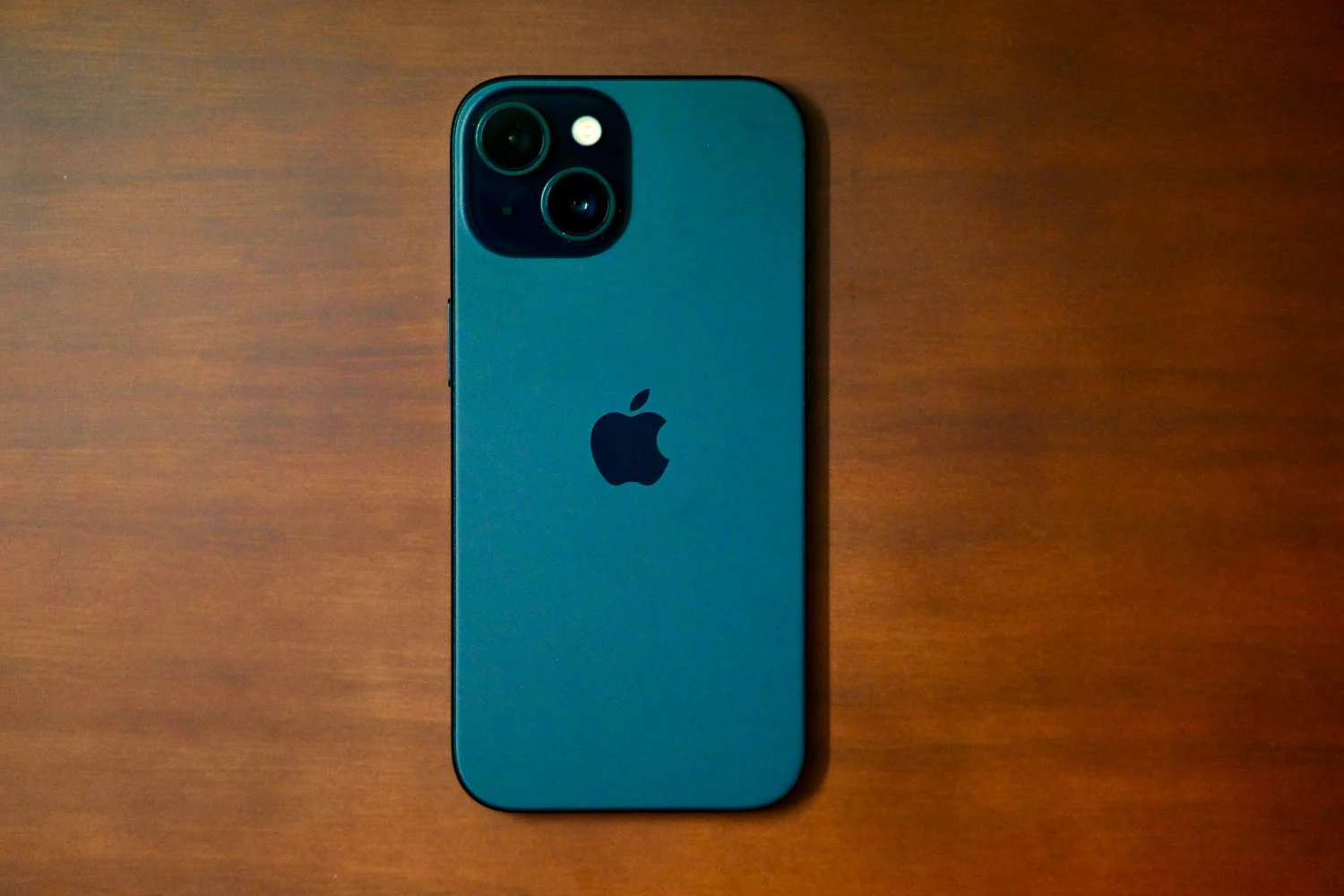Since the start of the coronavirus pandemic, Internet users around the world have all become aware that theteleworkis a significant solution that allows flexibility and growth. But at what cost? Indeed, we no longer identify the multiple Zoom security scandals or the companies that do not know how to implement this strategy correctly, in particular by using this type of software with an outdated UX or other programs as well. little careful about the confidentiality of our private data.
Fortunately, there are actors who are working to create more qualitative alternatives,as I have already been able to point out in my selection published on Presse-citron. Among them, we find Apple, which notably with its appFaceTime likes to communicate regularly about the protection of personal information it offers. And this time, it's a new filter using artificial intelligence that could arrive on the service.
Automatic censorship
The tool would thus be able to detect elements destined to remain secret (such as a plan posted on a wall or quite simply books placed on a shelf) in order toblurso that the interlocutor cannot understand its content. Enough to also save certain journalists live, for example by hiding possible intruders who absolutely want to go on camera. At the origin of the invention, a developer named Jack Greasley, who therefore filed this idea on behalf of Cupertino with the American body responsible for intellectual protection.
It is difficult to know whether such a technology will have the chance to see the light of day at the moment, given that it is only abrevet. However, it would not be surprising to see Apple market this functionality in the future:Macs and iPads can already physically unplug their microphone to combat malicious eavesdropping.

i-nfo.fr - Official iPhon.fr app
By : Keleops AG

